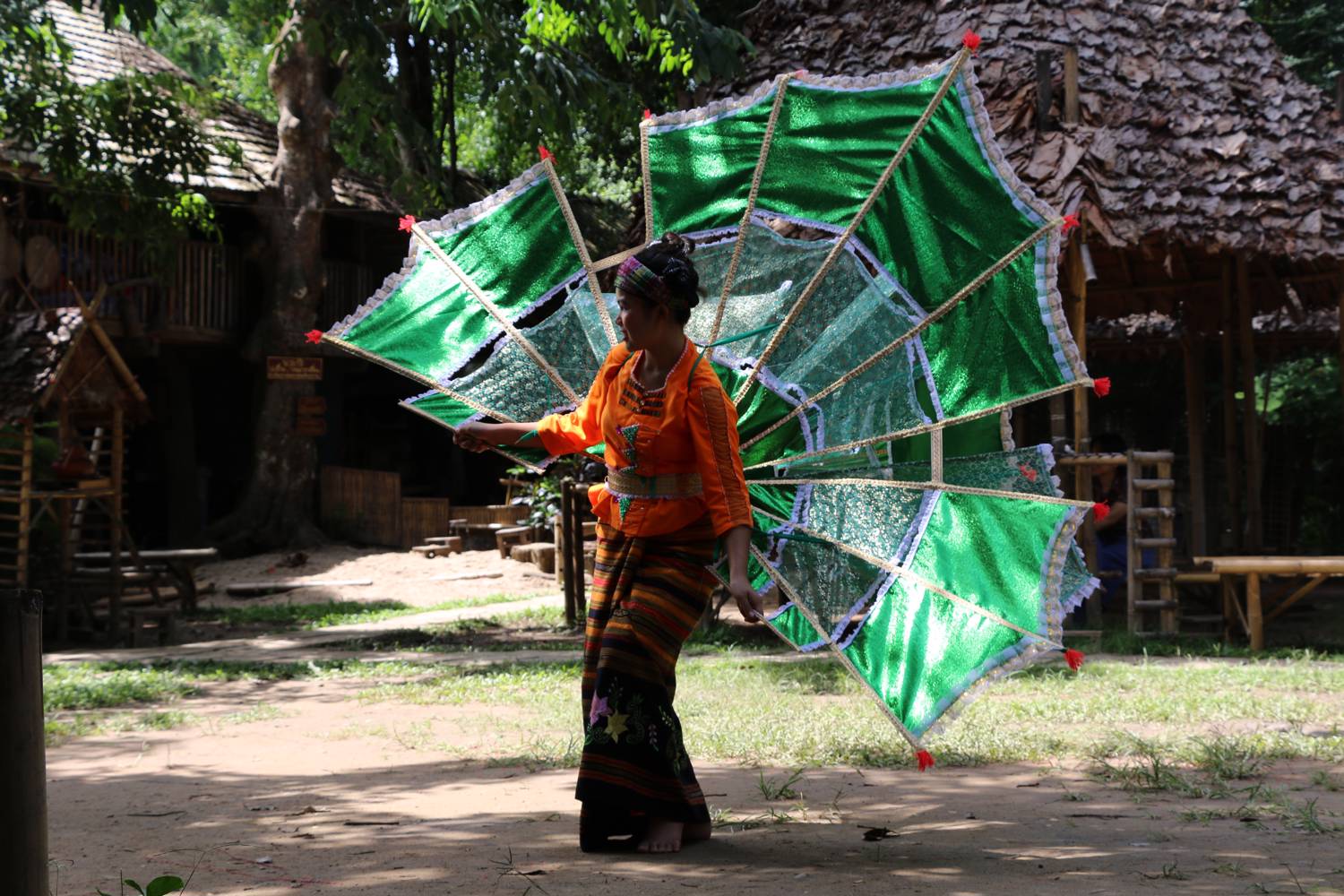
View video of this event by clicking here.
Dance, song and performance are often overlooked in studies of war and diaspora. Yet synchronized rhythmic movement promotes group coherence within all cultures, religions and nations, and holds potential for expressing ethnic identity for refugees.
In this PRIO Centre on Culture and Violent Conflict seminar Tani H. Sebro, Miami University, will present her research on performance and cultural practices amongst refugees along the Thai-Myanmar border. Marte Nilsen, PRIO, will provide comments and Cindy Horst, PRIO, will chair the event.
Based upon long-term ethnographic fieldwork in Northern Thailand amongst a displaced group of refugees from Myanmar’s Shan State called the Tai, this talk attends to how performance and aesthetic expression reinvigorate this displaced minority group’s desire for self-determination outside the current global nation-state paradigm. For Tai exiles, ethnic nationalism is produced through the work of performance and through shared rhythmic and artistic structures of sentiment towards ‘the nation’ – which produce powerful political affects and effects.
Based on her research, Tani H. Sebro argues that displaced peoples often do not maintain their sense of nation primarily through capital and reading publics, but rather through the complex transmission of what may be called “aesthetic nationalisms”, which involve performances and cultural practices that produce enduring bonds to an imagined homeland. This is a story of how fractured nations seek to maintain themselves slowly and peaceably, by enmeshing acts of defiance and persistence in art and in performance. As a political ethnographer, who herself underwent training in the traditional Tai performance arts called Jaad Tai, Tani H. Sebro was able to experience how dance and theatre made possible a life outside the modern nation-state system for exiled peoples.





